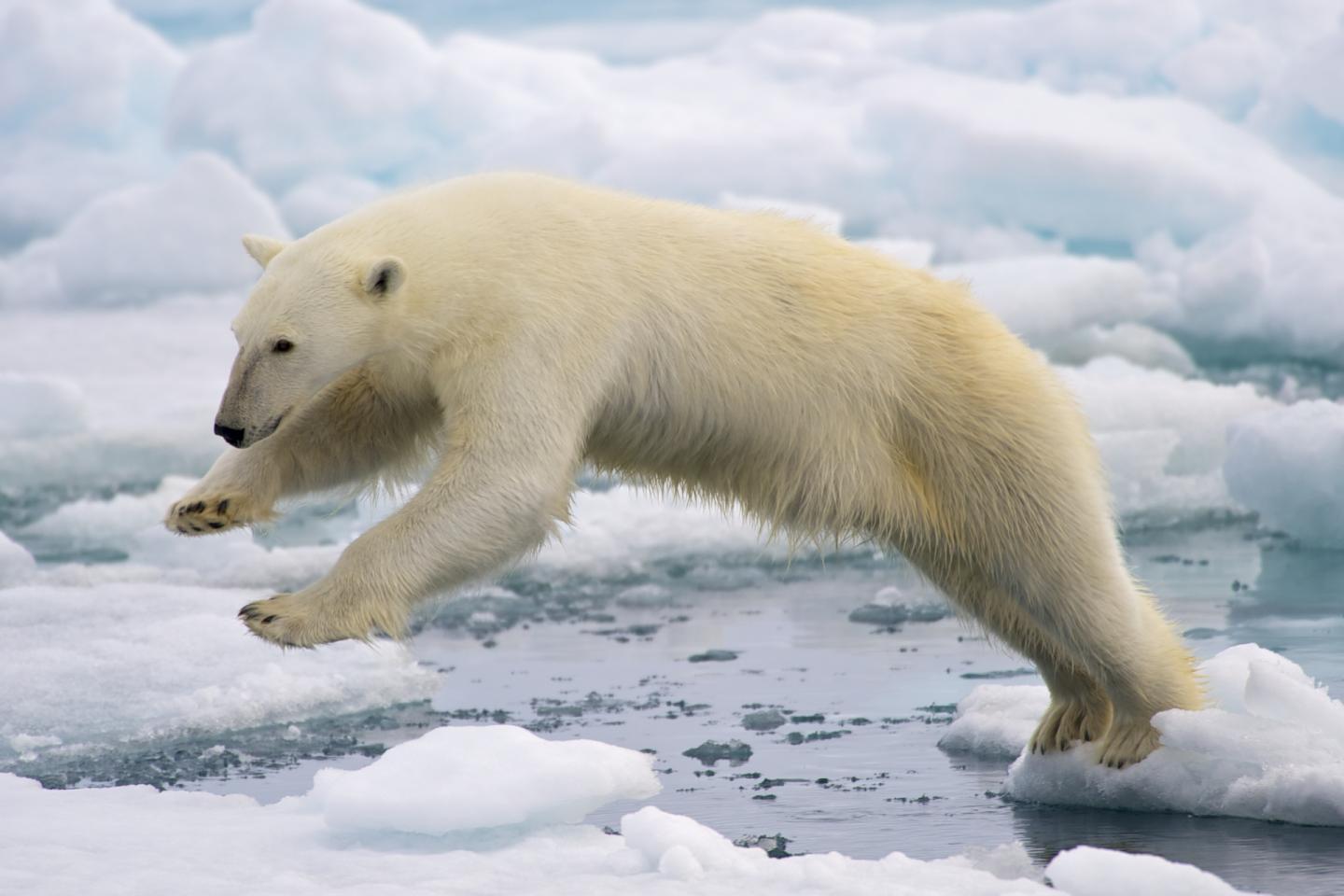Levels of many persistent organic pollutants (POPs) that have been regulated by the Stockholm Convention have started to decrease in the Arctic, according to an international team of researchers who have been monitoring the northern regions of the Earth.
POPs are a diverse group of long-living chemicals that can travel long distances from their source of manufacture or use. Many of these POPs were used widely in several industries, consumer products or as pesticides in agriculture. Well-known POPs include chemicals like DDT and PCBs (polychlorinated biphenyls), and some of these products that they were used in included products like flame retardants and fabric coatings.
It was found that POPs cause health problems for people and wildlife and they were consequently largely banned and phased out of production in many countries. POPs have been associated with reproductive, developmental, neurological and immunological problems in mammals. Therefore, in 2001, 152 countries came together to sign a United Nations treaty in Stockholm, Sweden- intended to eliminate, restrict or minimize unintentional production of 12 of the most extensively used POPs.
“This paper shows that following the treaty and earlier phase-outs have largely resulted in a decline of these contaminants in the Arctic,” said John Kucklick, a biologist from the National Institute of Standards and Technology (NIST) and the senior U.S. author of the paper, which was published recently in the journal Science of the Total Environment. “When POP use was curtailed, the change was reflected by declining concentrations in the environment.”
“In general, the contaminants that are being regulated are decreasing,” added Frank Rigét from the Department of Bioscience, Aarhus University, Denmark, and lead author of the study.
POPs especially cause problems in the Arctic because its ecosystem is very fragile, both local sources and pollutants from thousands of miles away due to air and water currents can be the source of pollution. POPs also tend to bioaccumulate- meaning they build up faster in animals and humans than they can be excreted out of the body, and that exposure can increase up the food chain.
The research team found that levels of PCBs had also decreased. Most industrial countries banned PCBs in the 1970s and ’80s, and their production was reduced under the Stockholm Convention in 2004. The compounds had been previously widely used in electrical systems. This study found that the presence of PCBs had decreased by almost 4 percent per year across the Arctic region since being pulled from the market.

